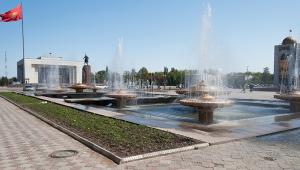The investment in so-called “human capital”, which includes education, health, nutrition and social protections, can “create foundations for long-term development” the Development Committee of the World Bank Group and International Monetary Fund said.
World Bank president Jim Yong Kim, who announced the Human Capital Project last week at the IMF and World Bank Annual Meetings, said in a speech on 13 October: “We know that countries have had to make tough choices on how to spend scarce public funds.
“But we believe, and the evidence suggests, that the more – and more effectively – you invest in health, education and social protection, the better you’ll do as an economy.”
He added that due to the global “human capital crisis”, more investment is “desperately” needed.
There’s a clear difference between the economy of countries that invest in human capital and those that don’t, he said. The difference in economic growth between 1991 and 2016 was 1.25% of GDP each year.
“We need to do more work and more research, but this suggests that looking backwards, investments in human beings have had a huge impact on economic growth,” he added.
The Development Committee, which represents 189 member countries, urged the World Bank to enhance coordination and partnership across international financial institutions to secure the financing needed to achieve sustainable and inclusive growth.
Kim said: “We’re trying to create conditions where heads of state and finance ministers cannot resist investing in their people.
“We’re trying to create an environment where investing in people is not only the moral thing to do, but in fact it’s something they absolutely must do – with great urgency to drive economic growth.”







